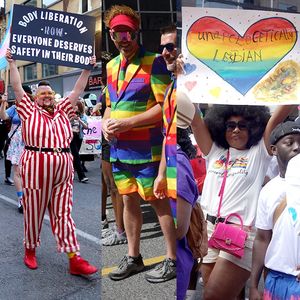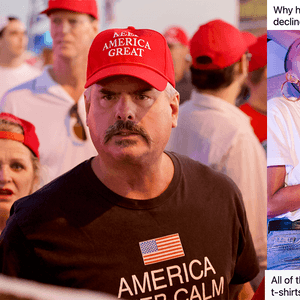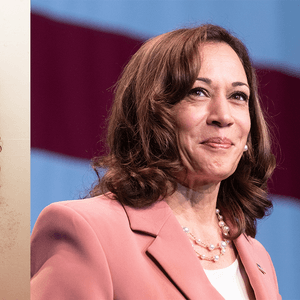DKT
International, a Washington, D.C.-based group that
provides HIV prevention services for sex workers in
developing countries, this week filed a lawsuit
against the federal government over its requirement that
all groups receiving U.S. funding sign a pledge in
opposition to sex work, The Wall Street Journal
reports. The organization filed a federal lawsuit
claiming that the pledge violates the group's
First Amendment rights to freedom of speech.
The pledge stems
from two 2003 laws that require all groups receiving
U.S. funding to oppose prostitution and sex trafficking.
Bush administration officials announced in June that
the policy applies to all U.S. and international
groups receiving HIV prevention and treatment funds
through the five-year, $15 billion President's
Emergency Plan for AIDS Relief.
DKT filed the
lawsuit against the U.S. Agency for International
Development and its administrator, Andrew Natsios, for
withholding a grant for the organization's HIV
prevention project in Vietnam after the agency refused
to sign the pledge. DKT, which last year sold about 390
million discounted condoms in 11 countries to commercial sex
workers, had been running the Vietnam program for the
past 12 years.
DKT claims in the
lawsuit that being required to endorse the Bush
administration's political viewpoint on commercial
sex work is a direct violation of the free speech
protections guaranteed under the First Amendment. "The
government cannot tell us what policies to have," DKT
founder Philip Harvey told the Journal.
USAID spokeswoman
Heather Layman told the Journal that while it is the
policy of the government to require grant recipients
to sign the pledge opposing sex work, "there is
nothing in U.S. law that prohibits the U.S. or any of our
partners from providing services to high-risk populations,
including women in prostitution."
Brazilian health
officials in May refused $40 million in AIDS grants from
the United States to protest the pledge requirement.
Brazil's top AIDS officials say that because the
country's HIV prevention and treatment model includes
groups like sex workers, injection-drug users, and gay
men, submitting to the Bush administration's demands would
hurt--not help--HIV efforts in the country. The also
said the policy interferes with the nation's
efforts to promote diversity, ethical principles, and
human rights.


















































































